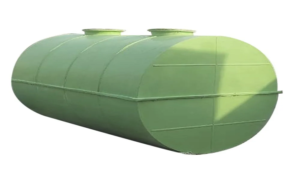Strata Levies

Strata management is a part and parcel of daily living for homeowners all over Australia. This is particularly owed to the fact that there are certain establishments that are communally owned. Ensuring the successful running of such settlements is among the big roles of Owners’ corporations. It is for this reason that communal owners appoint representatives to spearhead the management of these properties. The main role of these stakeholders is to ensure the needs and demands of the owners are all considered and acted upon. In addition to this, they manage finances, records and plans associated with the property they represent. Body corporate associations are often employed to offer professional services to aid in the successful management of communally owned properties.
There are a number of things that are needed for the optimum running of a building. These levies all require significant financial input from all the subjects that collectively own the properties in play. All needs are addressed by the members through the committee. The representative committee then works with the professional team to create a plan that works to benefit all property owners. The Levy finances are best discussed at annual general meetings, where a budget can be established and approved by all members involved. Strata levies are contained in two parts namely the administrative and the Capital works funds, which are of equal importance.
Administrative funds are tethered towards catering for the day to day needs of the owners’ corporations such as insurance, provision of utility tools and repair and maintenance needs. The capital works fund works as a savings account. It caters for any future expenses that may present themselves in the future such as repainting. These funds are collected in intervals throughout each budget year. The most common pattern of levy payment is the quarterly instalment method which involves a fixed amount for each instalment. In some cases, there may be further costs called special levies. These are the unexpected expenses or emergency costs that may arise. These funds are collected once in a while and only when there is a shortage of funds in the capital works fund to cover the cost.
When collecting strata funds, it is advisable to work with skilled professionals. Strata managers collect levies from the owner’s corporation and ensure the funds are put into use accordingly. For savings, the specialists know how best to handle the funds and only put them to use when the need arises. Relying on a skilled team to do this is delicate as finances must always be handled in an organized manner. The levies are put into place by the representative committee who determine the needs of their property based on proper analysis and record. These are then reviewed by the specialist team employed and either approved or amended according to the advice given.
It is always important to stick to the plans set for funding your building’s needs. This is because it eliminates unnecessary pressure that comes from shortages which can very easily be avoided. Working towards having a good rapport between Owners’ corporation members, representatives and the strata companies is crucial to the successful day to day running and longevity of shared properties.





